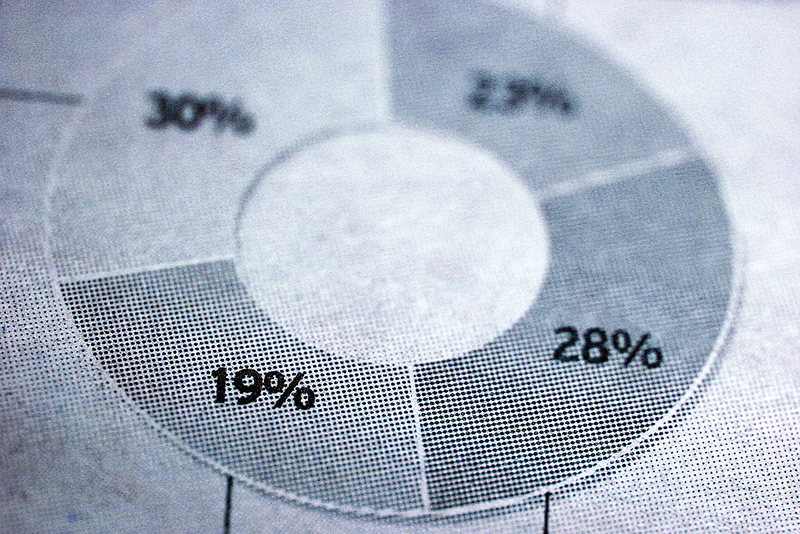
Here are some of the latest health and medical news developments, compiled by the editors of HealthDay:
Daily Pill Prevents HIV Infection: Study
None of its 657 health insurance clients who took a daily pill to prevent HIV infection contracted the AIDS-causing virus over a period of more than two years, according to a study from Kaiser Permanente of San Francisco.
The findings in the journal Clinical Infectious Diseases dispel concerns that use of this type of drug — called pre-exposure prophylaxis (PrEP) — would lead to more HIV infections, The New York Times reported.
Gay men accounted for all but four of the patients who took the two-drug combination called Truvada, which was approved by the U.S. Food and Drug Administration in mid 2012.
The patients were followed from then until February of this year, and 84 percent said they had multiple sexual partners during that time, The Times reported.
More than 40 percent did say they used fewer condoms and some were infected with other sexually transmitted diseases such as syphilis, gonorrhea and chlamydia as a result, but none got HIV. Antibiotics can cure most types of sexual infections, but not HIV.
“This is very reassuring data,” study lead author Dr. Jonathan Volk, an epidemiologist at Kaiser Permanente of San Francisco, told The Times. “It tells us that PrEP works even in a high-risk population.”
“This shows that the effectiveness of PrEP is really strikingly high,” Dr. Anthony Fauci, director of the U.S. National Institute of Allergy and Infectious Diseases, told The Times. “And this study takes it out of the realm of clinical trials and into the real world.”
—–
End of Tobacco Sales at CVS Reduces Overall Smoking Rates: Study
By ending sales of tobacco products, CVS may be helping reduce overall smoking rates, according to a new study.
The national drug store chain stopped selling tobacco products last September, and CVS researchers analyzed cigarette sales in the following eight months. In 13 states where CVS has a large presence, statewide cigarette sales fell one percent more than in three states where CVS doesn’t have stores, Bloomberg News reported.
That works out to about 95 million fewer cigarette packs sold during the study period, or five fewer packs per smoker. That “is very statistically significant,” according to Troyen Brennan, chief medical officer at CVS.
“It looks like one way to get people to smoke less is to stop selling cigarettes,” Steven Schroeder, head of the Smoking Cessation Leadership Center at the University of California, San Francisco, told Bloomberg.
“It is a modest impact but it is favorable,” he added. Schroeder wasn’t involved in the study, but was an unpaid adviser to CVS when it was deciding whether to halt tobacco sales.
Other drug stores have not followed CVS’s lead in ending sales of tobacco products.
—–
Boston Bans Smokeless Tobacco at Ballfields
Boston City Council approved a ban on smokeless tobacco products at Fenway Park and other baseball fields in the city.
The ban was unanimously approved on Wednesday and will have to be signed by Mayor Marty Walsh — who proposed the ban — before it takes effect next April, the Associated Press reported.
No smokeless tobacco will be allowed on any ballfields where professional, collegiate, high school or amateur sports are played. Ban signs will have to be posted throughout the ballfields and violators will face a $250 fine.
Boston is the second city after San Francisco to approve a smokeless tobacco ban, and Los Angeles is considering a similar measure, the AP reported.
Copyright © 2026 HealthDay. All rights reserved.

